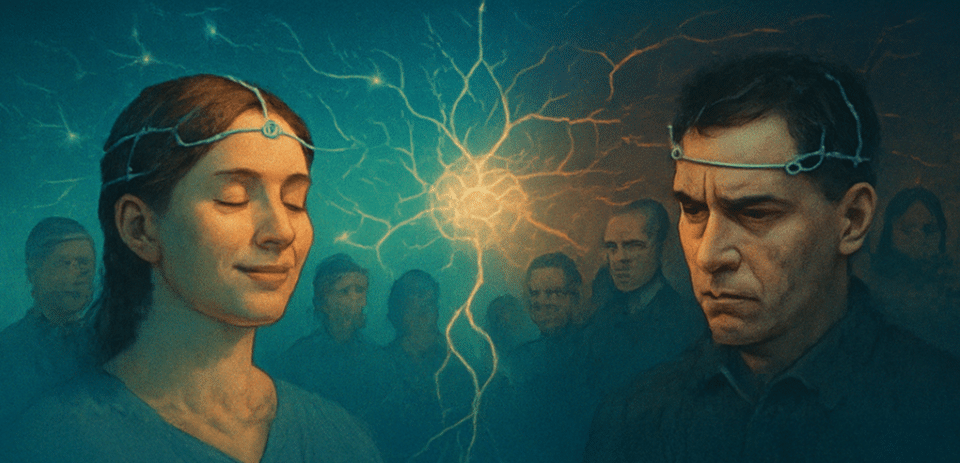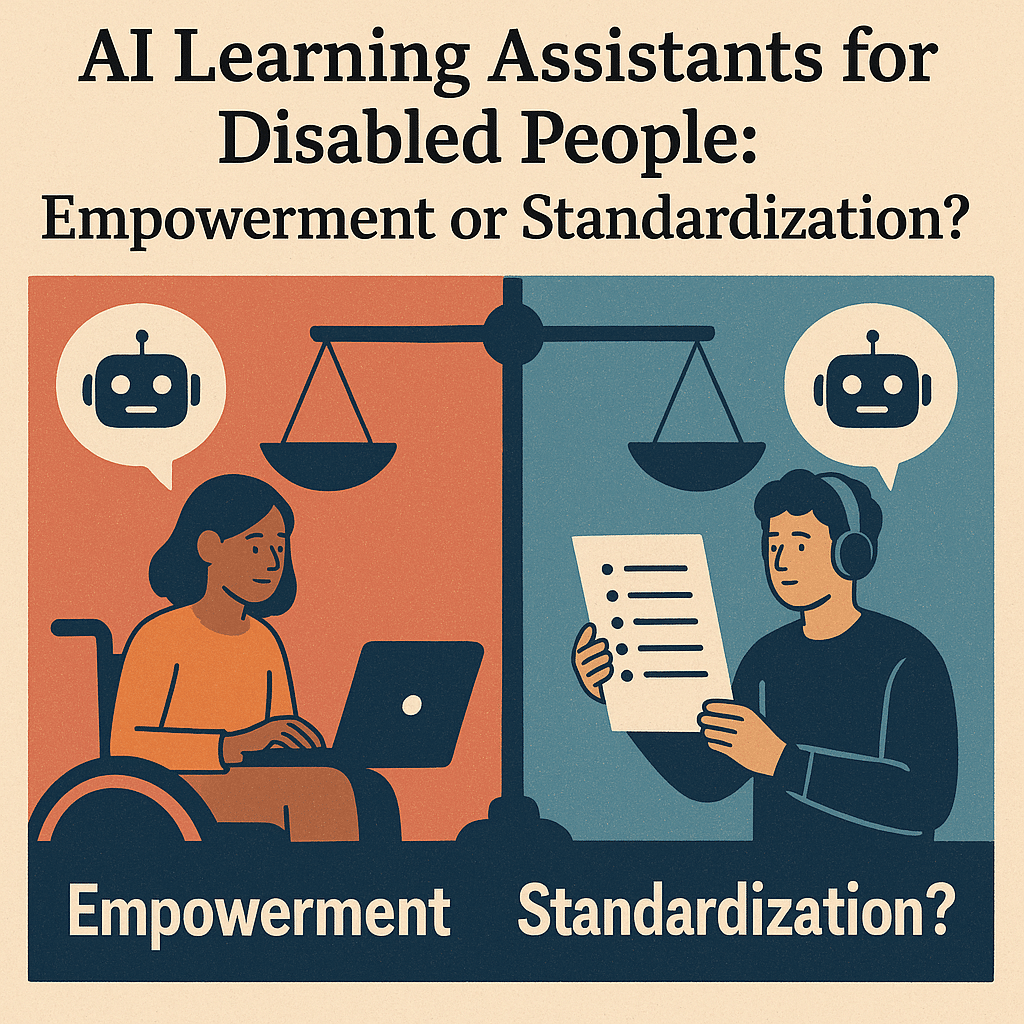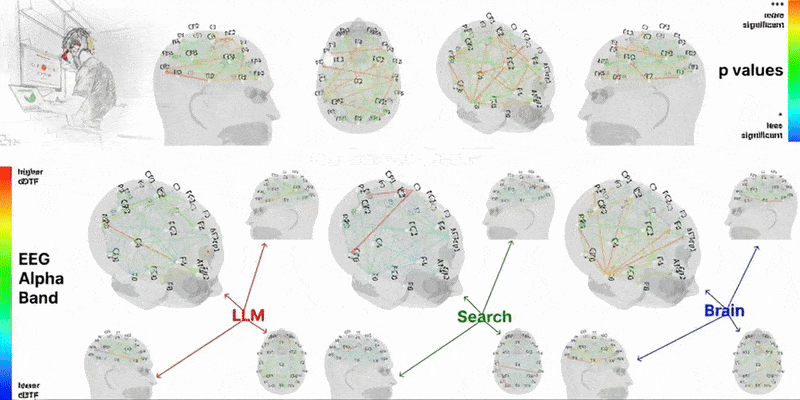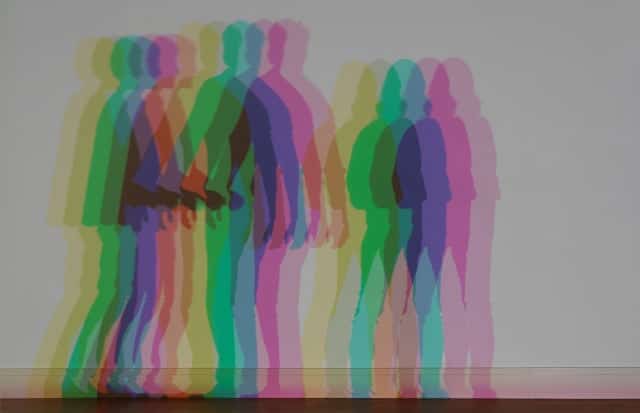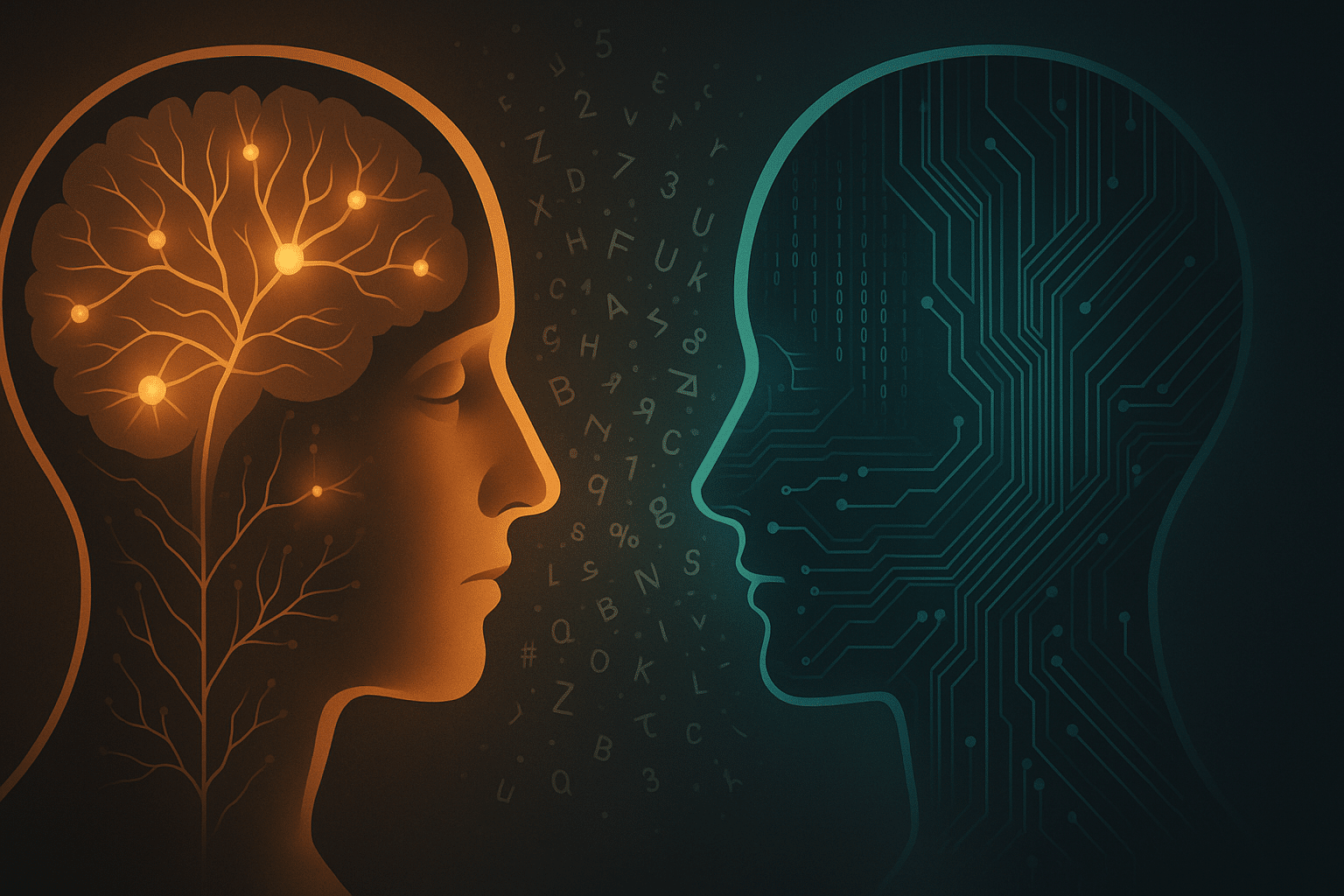HACKING LIFE
MaCAD AIA THEORY SEMINAR

Courtesy of Zeynep Aksöz Balzar
In his seminal 1966 work The Order of Things, Michel Foucault posits that the knowledge of any historical period is governed by a system of implicit epistemological structures—a set of conditions of possibility he terms the episteme. This framework, though often invisible to those operating within it, delineates the contours of thought, constrains what can be said, and organises scientific discourse through normative classifications. Knowledge, in Foucault’s view, is never neutral: it is always entangled with, and constituted by, power relations that define the very ecosystem in which it emerges.
“Man,” as Foucault provocatively asserts, is not a timeless given but a historically contingent construction—an “invention” of the human sciences. Once central to the humanist project, this figure has now been decentered, rendered one object of inquiry among many. With this displacement, Foucault declares: “It is indeed the death of man that we are currently experiencing within our knowledge.” In his so-called “lost interview,” he goes even further, proclaiming: “Without man, anything seems possible!”—a radical opening of thought beyond the confines of anthropocentrism.
It is from this philosophical rupture that we propose to engage the notion of artificial intelligence—not as a mere tool or computational aid, but as a dynamic, technological apparatus that participates in the ongoing reconfiguration of life itself. Under the provocation “Hacking Life,” we invite a critical interrogation of AI as a mode of epistemic production and as a force that reshapes the boundaries between nature, culture, and the technological. What new regimes of knowledge and normatively are emerging? How are discursive and material environments being restructured in the wake of machinic cognition? And crucially: what forms of subjectivity—and post-subjectivity—do these transformations enable or foreclose?
Does AI serve humanity, or do humans serve AI? This question becomes increasingly relevant as data-controlled virtual systems shape everyday life. From Netflix recommendations to targeted marketing, algorithmic mechanisms dictate exposure to news, information, and entertainment. These systems, driven by behavioural data, play a significant role in shaping individual worldviews. If personal choices are influenced by predictive algorithms, how can one break free from these mechanisms? What strategies exist to disrupt or bypass algorithmic control? This course explores the implications of AI-driven influence and investigates potential methods for reclaiming agency in digital environments.
Learning Objectives
Through the lens of critical thinking, this course examines algorithms and algorithmic control, encouraging students to critically engage with AI as both a tool and a governing system. It explores the technical foundations of AI—how these systems function—and their broader societal implications, highlighting the ways in which they shape and regulate daily life. By bridging technical understanding with critical analysis, the course equips students with the knowledge to navigate, question, and challenge AI-driven structures.
- Understand AI and Algorithmic Control – Develop a foundational understanding of algorithms, AI systems, and their mechanisms, including logic and sub-logic systems.
- Analyse the Societal Impact of AI – Critically assess how AI-driven technologies shape and regulate various aspects of daily life, from decision-making to governance.
- Bridge Technical and Critical Perspectives – Combine technical knowledge of AI and machine learning with critical analysis to question and challenge AI-driven structures.
- Examine Ethical and Governance Issues – Explore the ethical implications of AI, data governance, and algorithmic biases, understanding their consequences in different contexts.
- Develop Critical Thinking Skills – Engage with AI as both a tool and a governing system, fostering the ability to critically evaluate its role in contemporary society.
KEYWORDS – Machine Learning, Logic Computation, AI Ethics, Techno







